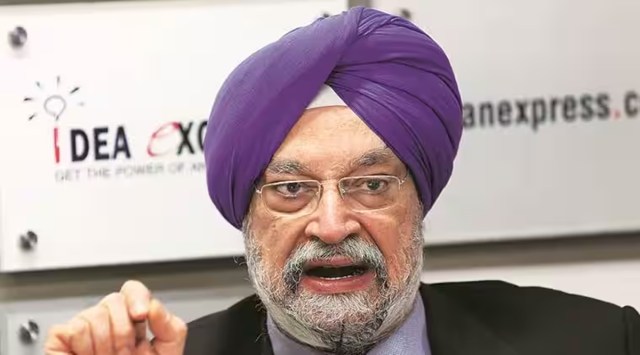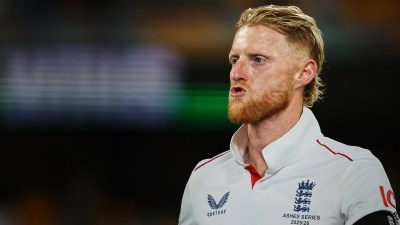“Those who forget history will find that, sooner or later, history will repeat itself,” said Union Minister Hardeep Puri while inaugurating an exhibition at BJP MP Rakesh Sinha’s residence in New Delhi.
He said some people question the need to observe the Partition Horrors Remembrance Day, and if this would create discord in society. “How can they even suggest that victims of genocides should forget their past? Will they ask Cambodians to forget Pol Pot or Red Indians their eviction from their homeland? Are these geniuses suggesting that Sikhs should forget 1984 and Kashmiri Pandits should forget their killings?” he said.

Puri said observing remembrance day would, in fact, lead to more social harmony, it will lead to people understanding “the historical mistakes made by some people, whose commitment to the country was not as comprehensive, as farsighted as it should have been”.
“When India turns 100 as an independent country, she won’t only be a developed country, but also possibly the second largest economy in the world,” Puri said, adding that “studies have pointed out that by 2040 India will be a $27 trillion economy”.
He said there is a possibility that by putting the past behind them, the two countries may come together once again in the future, as part of Akhand Bharat. “India and Pakistan are two countries born of the womb of the same mother, but the state the two countries are in now is so different… Aaj dekhiye hum kahan ke kahan pahunch gaye, aur woh kahan hai (look where we have reached today and where they are),” he said.
“The same people making the historical mistakes won’t be there. These processes will lead ultimately to the emergence of Akhand Bharat or a greater India,” he said. Puri said he is not making a political statement but speaking as a student of history.
Among the several sections of the exhibition, which was organised by Delhi-based Centre for Study of Democracy and Culture, were two sections devoted to Partition supporters and those who were against it. The latter section included photographs of Mahatma Gandhi, Abdul Ghaffar Khan (also known as Frontier Gandhi), Sikh activist Master Tara Singh and J B Kriplani, who helmed the Congress at the time.
Story continues below this ad
An accompanying caption next to Kriplani’s photo says, “The Congress chief of the time, J B Kripalani, was against Partition. He was also critical of Prime Minister (Pandit) Jawaharlal Nehru’s style of working. Later, Kriplani created history by bringing a no-confidence motion against Nehru’s government.”
“A lot of people sold the country out, now they are gone. Some of their followers are still around, perpetuating the same thought, but I am confident this great country by recalling the horrors of the Partition will become a stronger country for social, political and religious harmony,” Puri said. “This (Partition) is an event that should never have happened,” he said.
Questioning “the people who took the decision”, Puri said, “At the heart of this were the colonial rulers whose policy was to divide and rule. Even as one can understand their motivation, one fails to understand why our leadership – the Congress party’s leadership at the time – why did they so easily fall in line?”
A section of the exhibition also has photographs of the former RSS Sarsanhgachalak M S Golwalkar and former Jammu and Kashmir ruler Hari Singh. The caption notes: “The RSS’s second Sarsanhgachalak Madhavrao Sadashiv Golwalkar appealed to the masses to raise their voice against India’s partition, in support of Akhand Bharat.”









